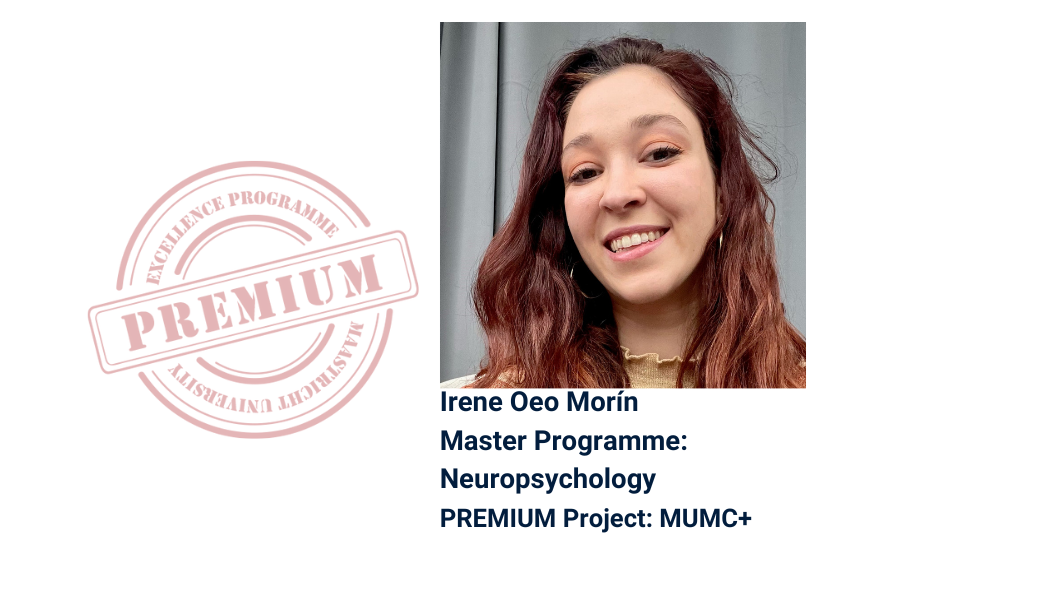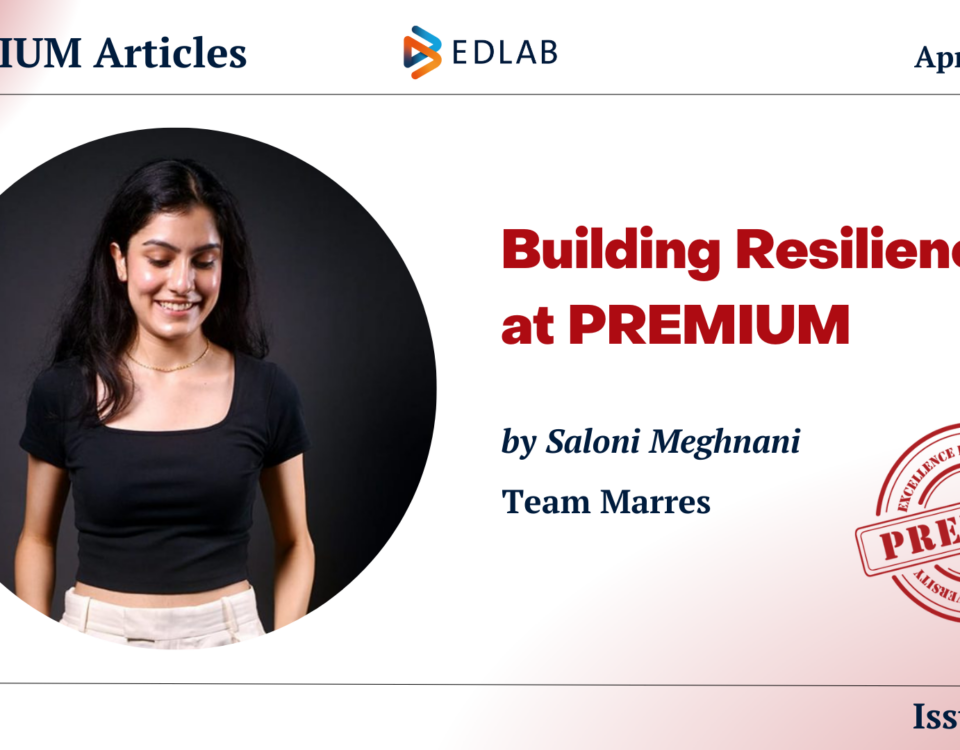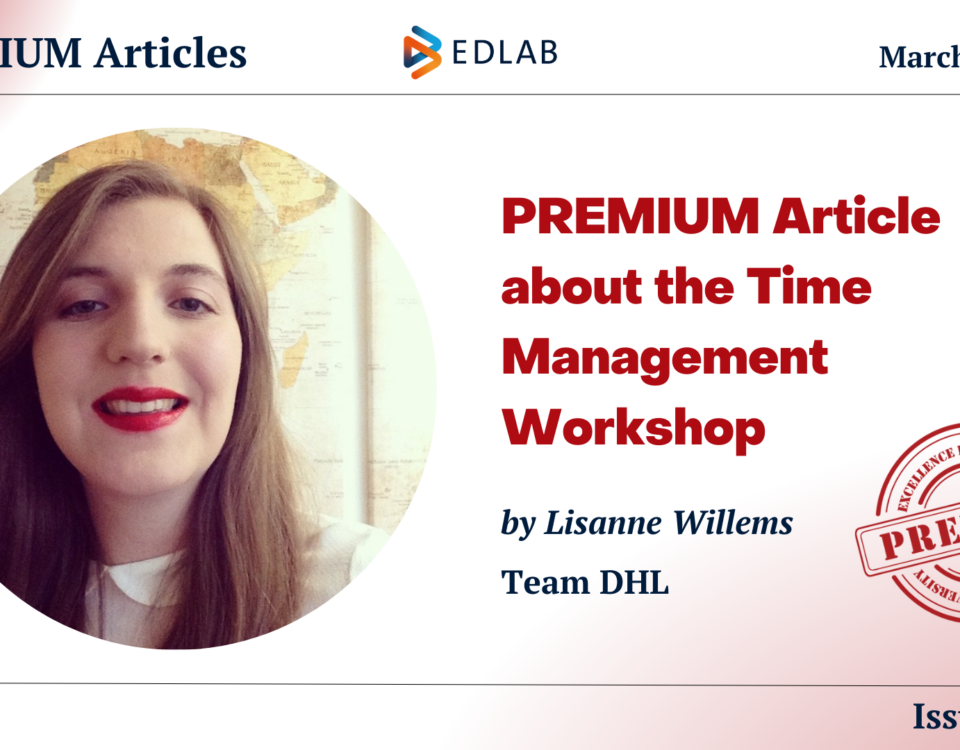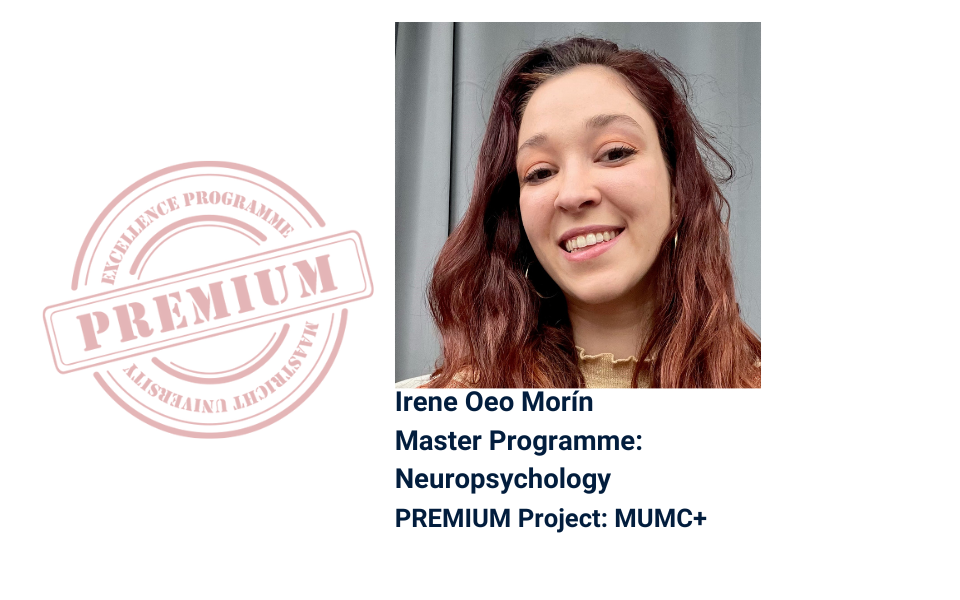
A day in the life of a PREMIUM student
13-03-2023
PREMIUM Workshop on Time Management
25-03-2024Since 2008, Maastricht University has been providing undergraduate students with the opportunity to conduct academic research in the MaRBLe programme. This initiative has now been described in the just released book ‘Research-Based Learning: Case studies from Maastricht University‘, written and composed by EDLAB colleague Ellen Bastiaens together with UM colleagues Jonathan van Tilburg and Jeroen van Merriënboer. This unique book shares the developed approaches, experiences and best practices after many years of experience at Maastricht University and encourages the implementation of Research-Based Learning in bachelor education.
EDLAB would hereby like to congratulate the authors on this unique publication.
The MaRBLe programme (Maastricht Research Based Learning programme for Excellence), is an extension of UM’s Problem-Based Learning (PBL) method, by allowing students to work with the Research-Based Learning (RBL) method. In 2009 the first 70 students enrolled in the MaRBLe programme at four different faculties. The number of students have slowly yet steadily grown into a diverse and challenging academic community. Today, approximately 500 students annually participate in the MaRBLe programme at six faculties, within almost 20 research projects. The essence of RBL and its application is frequently discussed by the coordinators of the participating faculties, to come to a successful implementation for each faculty. Although the designs vary, they are rooted in the same core principle, namely offering bachelor’s students a research experience in which the student goes through the full cycle of academic research.
The book is divided into three sections which cover key topics including the relevant education concepts, the origin of the MaRBLe programme and a discussion on the similarities and differences between PBL and RBL. Together with three educational models presented in the third chapter, a conceptual framework is outlined that assists in interpreting and positioning the case studies presented in the second section of the book. The book is especially beneficial for policy advisors, who are considering the implementation of RBL at their own faculty or institute, in addition to programme or course developers.
A must-read book for those who want to know more about Research-Based Learning.




